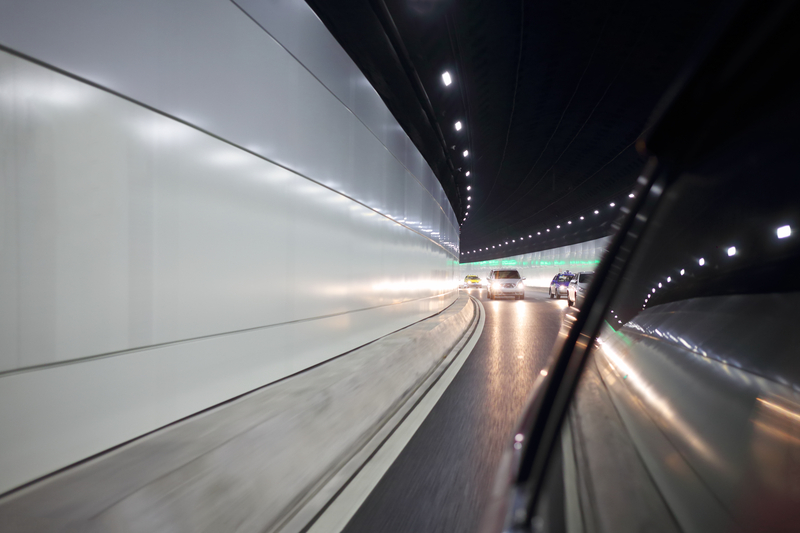The twin-bore Hindhead tunnel in southern England has made the A3 London to Portsmouth route safer and more efficient, aided by the large overview video wall and operator consoles installed in the control room by Electrosonic, working with main contractor Balfour Beatty Engineering Services for the Highways Agency. To meet the Highways Agency’s requirement that the control room should operate in a similar way to other traffic control rooms on the major road network, Electrosonic devised a solution based on
The twin-bore Hindhead tunnel in southern England has made the A3 London to Portsmouth route safer and more efficient, aided by the large overview video wall and operator consoles installed in the control room by 6683 Electrosonic, working with main contractor 3902 Balfour Beatty Engineering Services for the 503 Highways Agency.
To meet the Highways Agency’s requirement that the control room should operate in a similar way to other traffic control rooms on the major road network, Electrosonic devised a solution based on ergonomic operator consoles and a video wall display.
The video wall features six projection cubes, where operators can monitor images from 104 cameras and review the tunnel lighting, ventilation, incident detection and other support system data supplied by the SCADA (Supervisory Control and Data Acquisition) system. The image processor feeding the display is configured to receive 36 video inputs and four computer graphics images, and can display any required combination of images, each of which can be any size and positioned anywhere on the display, selected by the operator at the click of a mouse.
To meet the Highways Agency’s requirement that the control room should operate in a similar way to other traffic control rooms on the major road network, Electrosonic devised a solution based on ergonomic operator consoles and a video wall display.
The video wall features six projection cubes, where operators can monitor images from 104 cameras and review the tunnel lighting, ventilation, incident detection and other support system data supplied by the SCADA (Supervisory Control and Data Acquisition) system. The image processor feeding the display is configured to receive 36 video inputs and four computer graphics images, and can display any required combination of images, each of which can be any size and positioned anywhere on the display, selected by the operator at the click of a mouse.









